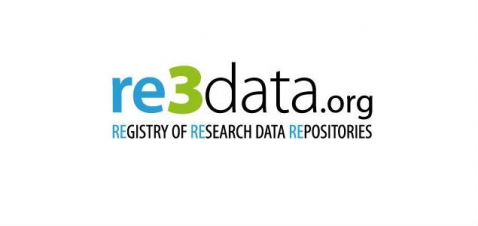6 posts found
Traditional AI vs Generative AI: Understanding Their Differences
Artificial intelligence (AI) has become a central technology in people's lives and in the strategy of companies. In just over a decade, we've gone from interacting with virtual assistants that understood simple commands, to seeing systems capable of writing entire reports, creating hyper-realistic i…
How to present open data accessibly
Open data should be inherently accessible, meaning it must be available for free and without barriers that could restrict access and reuse. Accessibility is a fundamental and complex issue because it means that these data sets should not only be available in reusable formats but also that anyone sho…
Open image repositories for training AI models
Perhaps one of the most everyday uses of artificial intelligence that we can experience in our day-to-day lives is through interaction with artificial vision and object identification systems. From unlocking our smartphone to searching for images on the Internet. All these functionalities are possib…
Examples of uncommon open data repositories
Beyond public administrations, libraries, museums and cultural foundations data, the interest in open data knows no borders. We invite you to discover it in this post.
Normally, the concept of open data is associated with those repositories managed by public administrations, foundations and cultural…
How to improve the daily lives of people with disabilities using open data
Close your eyes and try to get on without seeing what is around you. Seat you in a wheelchair and determine if it is easy to access public transport and visit your favourite restaurant.
Perhaps you have not tried to live these experiences, but you could imagine the result. Public administrations are…
Research data repositories: re3data.org
The research data is very valuable, and its permanent access is one of the greatest challenges for all agents involved in the scientific world: research staff, funding agencies, publishers and academic institutions. The long-term conservation of data and the culture of open access are sources of new…





